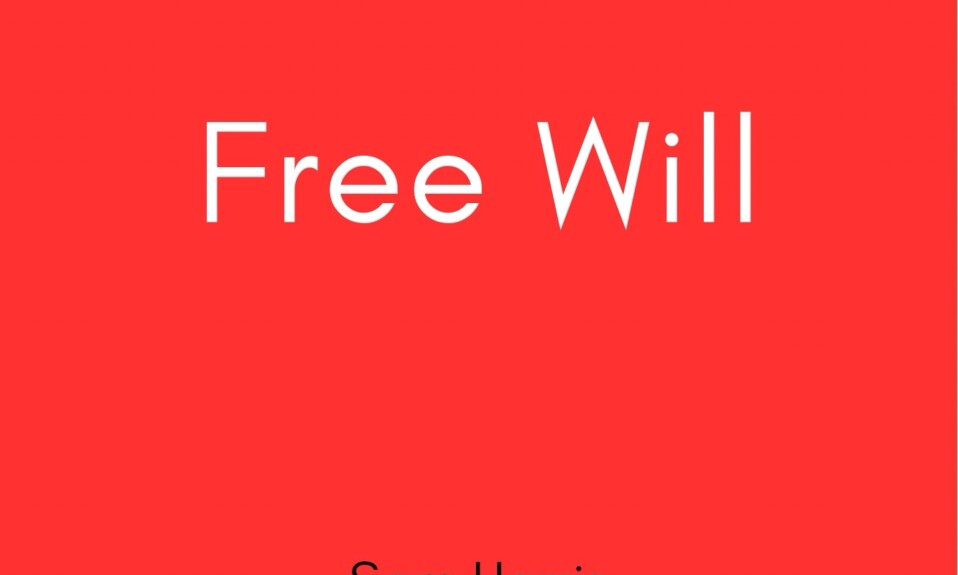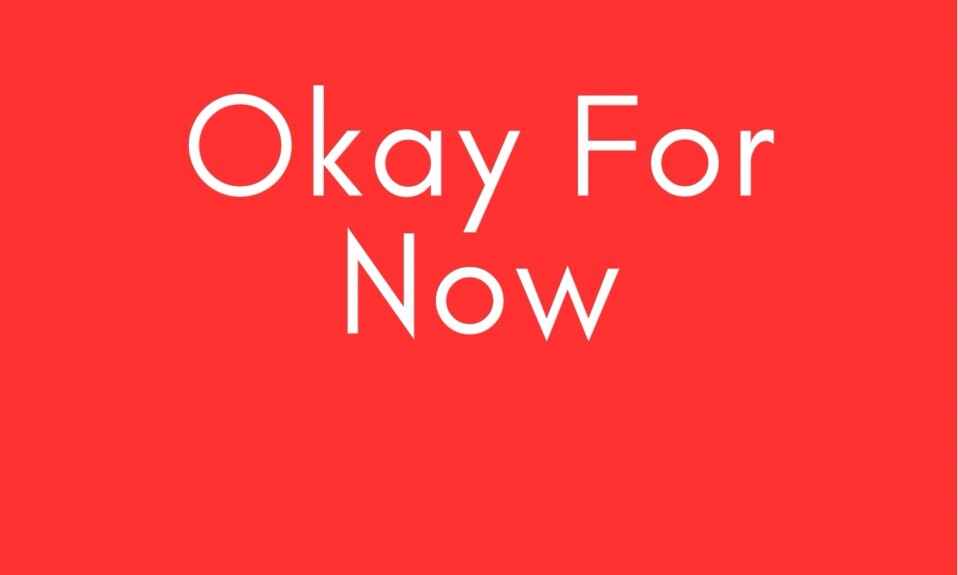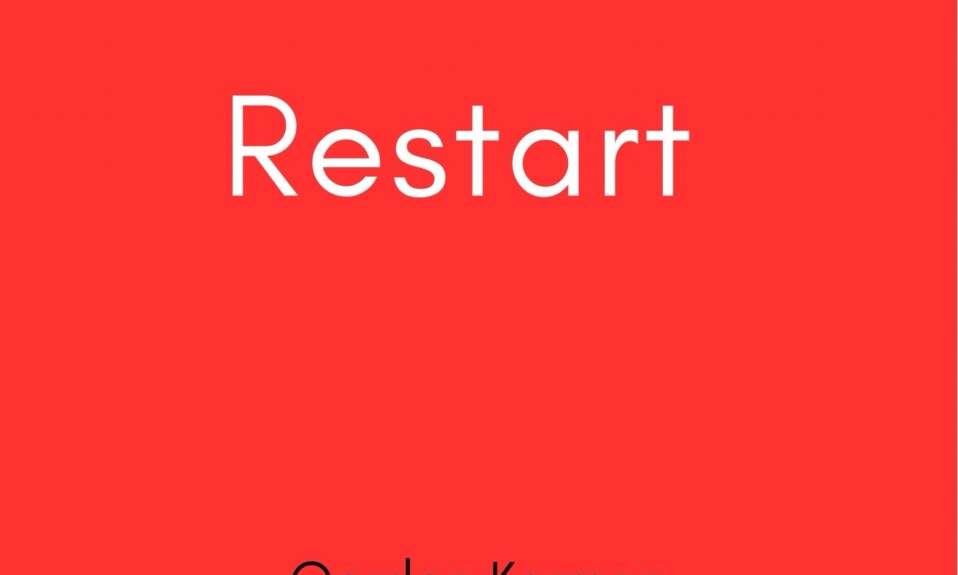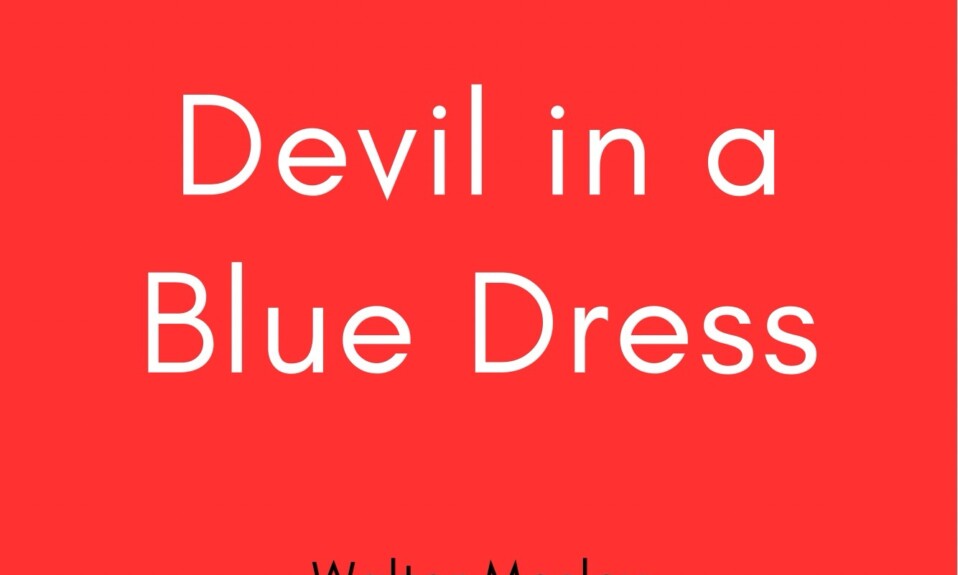
In this Free will by sam Harris summary, Harris admits that the concept of free will is not only pervasive in society, but it is also baked into how civilization is structured; if science could prove that free will did not exist, society would suffer severe consequences, as punishing criminals and holding people accountable for their actions and decisions would be pointless. Harris narrates the story of two career burglars who came into a family’s home and used uncommon savagery, bludgeoning the father, raping the mother, and then setting fire to the house while the two children were tied to their beds. When captured, the burglars were unable to explain their quick slide into violence, professing regret and shame; one even attempted suicide.
Harris contends that if he were to become one of those criminals—with similar genetics, upbringing, and experiences—he would surely behave in the same manner, because free choice is an illusion. Noting that most people’s seemingly free thoughts emerge from an unknown darkness, he contends that what we perceive as free will is actually the result of either total chance or preceding causes—in either case, we are not accountable for the outcomes (our actions). In other words, Harris claims that our decisions to do or not do anything do not start in our consciousness; rather, they arise in our consciousness, and since we tend to conceive in terms of “I,” we adopt those impulses as our will.
Harris describes scientific experiments using functional magnetic resonance imaging (fMRI) that revealed that the brain contained information about which decisions people would make some time before they became aware of their decision—a time gap ranging from 700 milliseconds to 10 full seconds. This indicates that our mental states, thoughts, and acts originate in a region of our brain over which we have no control, rather than being the result of free will.
Harris observes that the brain, like any other organ, is a physical entity that responds in a predictable, mechanical manner, similar to our heart. Physical rules govern its changes and reactions to physical states, which generate impulses within us, which we subsequently interpret as our own wishes and decisions. To have perfect control over our actions, we would need to be aware of all of the elements that influence our brain, which is impossible. We know that unconscious variables influence our decisions, therefore our behaviors are determined by forces we don’t understand.
Harris contends that simply doing what we “want” does not suggest that we are exercising free will, because we cannot understand why we want things. Our desires stem from an unknown source within us; none of us can explain why we want something. We make the error of assuming that our will is independent and different from our neurological processes, yet the “machinery” that drives our actions is inextricably linked to those acts. According to Harris, many investigations have shown that we frequently use backward reasoning to defend our acts, picking and choosing the circumstances that lead to our decisions. Harris contends that we do this all the time, with each decision we make.
Harris recognizes that we can strive to influence the environment to favor specific outcomes. He uses the example of someone who is attempting to reduce the amount of sugar he consumes; removing confectionery from his home increases the likelihood that he would eat less. However, his impulse to eat sugar is beyond his control. Even there, we are constrained because we have the same amount of energy and ability to alter our environment as we do now, and we cannot change that aspect of our existence. He contends that people frequently go years with a specific desire—for example, to reduce weight—and then, unexpectedly, find the extra energy to do it. Where did the extra energy originate from? We don’t know, but it wasn’t anything we created with our will.
Harris considers how this idea of free choice affects how we perceive society. Criminals, for example, could not be judged as having done awful things of their own free choice; instead, they would be sympathetically viewed as incapable to resist their inclinations. However, this does not imply that a criminal justice system or other societal regulations are evil or ineffective, or that our moral judgments are unimportant.
Key Takeaways
Sam Harris contends that the illusion of free will is firmly embedded in our perception of ourselves and our surroundings. His main points are:
1. Determinism and Free Will: Harris believes that our actions are influenced by antecedent causes such as our genetics, upbringing, and experiences. This violates the classic concept of free will, which holds that we may select our actions regardless of external factors.
2. Consciousness and decision: While we may have a sense of conscious decision, Harris contends that it is an illusion. Our decisions are influenced by events outside our control, and we are frequently unconscious of the root reasons of our behavior.
3. Responsibility and Morality: Despite the lack of actual free will, Harris believes that we are nevertheless responsible for our acts. He contends that we can foster moral behavior through education, empathy, and an awareness of the origins of our behaviors.
4. The Illusion of Agency: Harris emphasizes that our experience of agency is a product of our brains, not a basic feature of who we are. Recognizing the illusory nature of free choice allows us to gain a more complex knowledge of ourselves and our place in the world.
In short, “Free Will” questions our long-held assumptions about human agency and provides a fresh perspective on the nature of awareness and morality.



